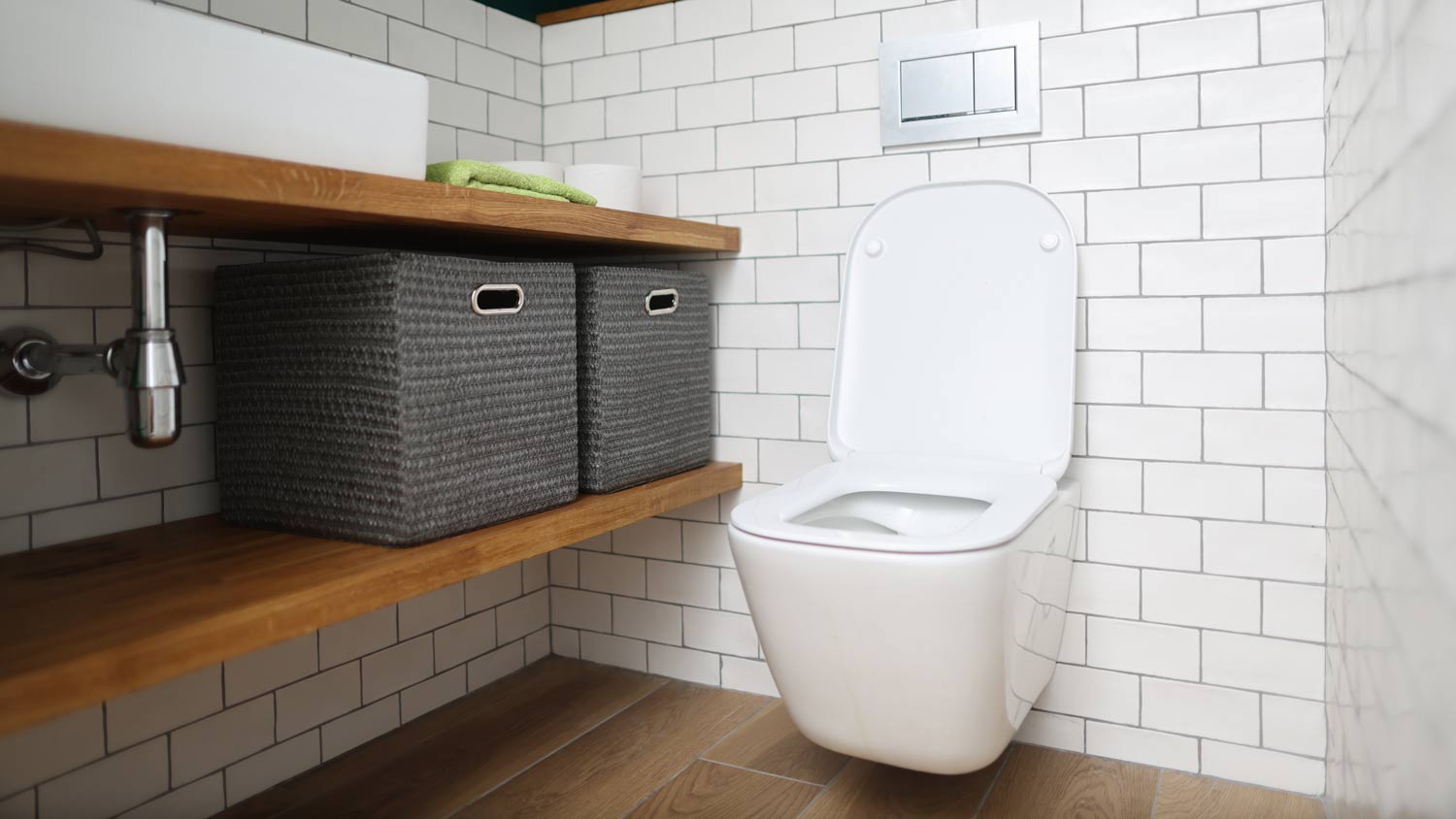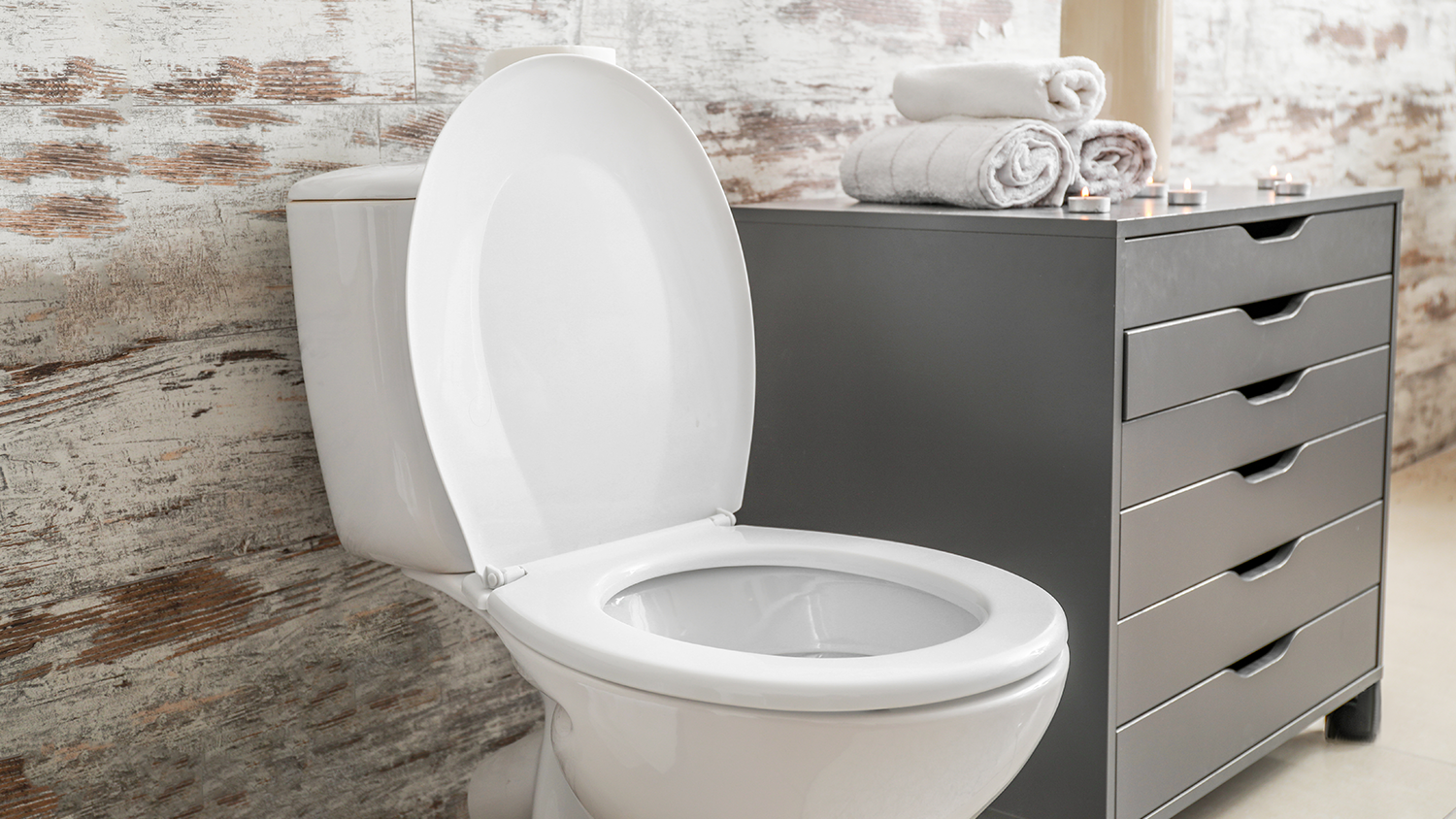
The average cost to connect to a public sewer line in Columbus, OH, depends on the linear footage, piping material, local regulations, and more.
To add or not to add?


The bacteria that naturally form in your septic tank should be enough to break down waste and keep the system functioning efficiently.
Septic tank additives are usually unnecessary and can actually cause damage to your septic system and its bacteria.
You can encourage natural bacteria through smart water usage and proper maintenance of your drainfield.
Septic tanks are designed to take care of waste disposal on their own—no septic tank additives needed. With regular septic tank pumping and inspections, a septic system should last decades. Typically, septic systems are used in rural areas without access to city sewer systems, so it takes a lot of diligent maintenance and an understanding of the system to keep it in good shape. So are septic tank additives necessary and do they really work? To understand the answer, it helps to first understand how a septic tank works.

The bacteria in the septic tank are key to the system working. Without these bacteria, oils, fats, and organic solids that find their way into the tank wouldn’t get broken down. The septic system is perfectly designed to work with very little interference from you. So don’t fall for septic system myths. You don’t need to spend $15 per bottle to put septic tank additives into the system. In fact, don’t.
Any additives, including drain cleaners, disinfectants, or bleach, can kill off all of the healthy bacteria in the tank and put the septic system in jeopardy. Additionally, water softeners can not only kill microorganisms in the tank but also interfere with solids settling in the tank, putting the system at greater risk of failure.
Some septic tank treatments are advertised to help control the smell of formaldehyde, quaternary ammonium, and zinc sulfate, but in the process, they poison the system and its bacteria. Ultimately, store-bought cleaners can lead to expensive damage. Most septic tank additives don’t really work and have caused enough system failures that some states have banned them.
In addition to harming the bacteria that efficiently handles a pretty gross job, septic tank additives can also corrode the tank itself as well as the pipes. The cost of replacing a sewer line damaged by septic tank additives can top more than $4,000, depending on where you live, so is it really worth the risk?
You may be able to clear a sewer line clog yourself if you’re careful, but help is available. If you notice a new septic system smell, a local septic tank company can help diagnose and treat the problem. If you do go out to investigate what’s wrong with the septic system, be sure to practice septic tank safety to protect both yourself and the tank.
It’s not just commercial septic tank additives that can kill septic system bacteria. No matter what type of septic system you have, you can keep those bacteria healthy and working by:
Properly diluting cleaning solutions because cleaners that end up in the drain can kill bacteria.
Keeping toxins like leftover stain, paint, and oil out of the sink. Check your county or city’s waste management site to learn how to properly dispose of these materials instead.
Spacing out water use. Wash clothes on multiple days of the week, for example, to avoid overloading the system on one big wash day.
A septic system isn’t meant to be bacteria-free and rain-fresh scented. No septic tank additive will work better than a septic tank’s natural function and use of healthy bacteria.
The best thing you can do is let the bacteria work and do your regular septic tank pumping and inspections. In fact, some additives can harm the system and cause septic system failure, which will then require replacement. With the cost of new septic systems running about $7,300 on average, it’s a good idea to skip the additives and protect the system you already have.
The Environmental Protection Agency recommends some septic system best practices, in addition to regular inspections and pumping, to protect your septic system.
Conserving water decreases the amount of waste that flows into your septic system. Use high-efficiency shower heads and toilets to reduce the water you use. Wash full loads of laundry instead of smaller loads, and use the small load setting when you do have a smaller load.
Everything you flush or send down the drain ends up in the septic system. Things like feminine hygiene products, dental floss, and diapers should be thrown in the trash, not the toilet. Chemicals like paints and cleaners should be properly recycled as they can kill the septic system bacteria.
Know where your drainfield is, and don’t park cars on it. Landscape around a sewer system a safe distance away to prevent system disruption. Guide rainwater away from the drainfield, and don’t drain items like pools over the drainfield. Adding water to that area can cause system slowdown.
If you have a question about a certain additive or want more information, call your state government office that regulates wastewater and septic systems. They can provide you with the best information for your situation.
Candace Nelson contributed to this piece.
From average costs to expert advice, get all the answers you need to get your job done.

The average cost to connect to a public sewer line in Columbus, OH, depends on the linear footage, piping material, local regulations, and more.

Need to know what sewer line replacement costs in St. Louis, MO? This guide will help you prepare to budget for sewer line replacement done by local contractors.

Need to know what sewer line replacement costs in San Francisco, CA? This guide will help you prepare to budget for sewer line replacement done by local contractors.

A sewage smell outdoors is not only gross, but it indicates a possible health hazard. Learn how to get rid of the septic smell outside and when to call a pro.

Need to know what sewer line replacement costs in Denver, CO? This guide will help you prepare to budget for sewer line replacement done by local contractors.

Your lot might require an alternative septic system based on location and soil conditions. Learn all about alternative septic systems and their costs.